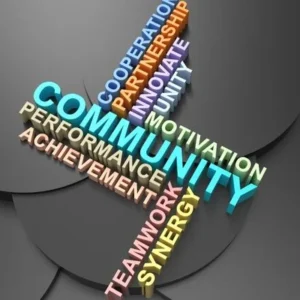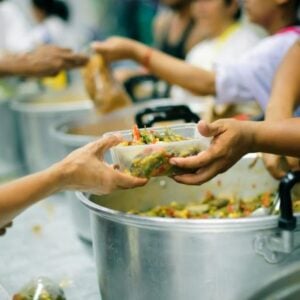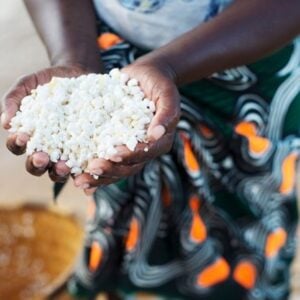In Rwanda’s Mukindo Sector, Gisagara District, daily life revolves around livestock and community cooperation, exemplified by a livestock-sharing programme where families pass the first offspring of animals to neighbors in need. This practice is part of the broader “Model Village” initiative by the Rwanda Red Cross, which empowers vulnerable communities to collectively build resilience against chronic poverty and food insecurity. The program’s goal is to develop sustainable, replicable models for local development, food production, and livelihoods.
Emmanuel Ntakirutimana, head of Planning, Monitoring, Evaluation and Reporting at Rwanda Red Cross, highlights the need for a holistic approach to Africa’s food insecurity crisis. Unlike emergency aid, which addresses immediate needs, the Model Village initiative invests in long-term community capacity to mitigate risks such as climate change, conflict, and economic shocks, which continue to disrupt food systems across the continent. Africa currently faces its most severe hunger crisis in decades, affecting over 282 million people, making sustainable solutions more urgent than ever.
Established in 2008, the Model Village program involves collaboration with community leaders and local authorities to implement projects such as livestock sharing, improved housing, clean water access, and hygiene education. This approach promotes community ownership and self-confidence, enabling residents to better prepare for and respond to future challenges. According to Ntakirutimana, investing in preparedness reduces the need for emergency responses by equipping communities with the tools to handle risks independently.
A Model Village begins by identifying local strengths, such as water sources or committed leadership, then engages Red Cross volunteers to provide support tailored to the community’s needs. Béatrice, a farmer from Nyamasheke District, benefited from this approach by gaining access to livestock, clean water, and income-generating opportunities, which helped her family regain dignity and financial stability. The program aims to gradually shift responsibility to the community, with the goal of achieving around 90% local ownership to ensure sustainability.
The strength of the Model Village approach lies in its foundation on African traditions of solidarity, mutual support, and problem-solving. Successful villages inspire neighboring communities, creating a ripple effect that spreads resilience and local leadership. Across Rwanda, the initiative has led to improvements in hygiene, sanitation, sustainable livelihoods, and increased roles for women and youth in community development.
Listening closely to community priorities is central to the program’s success, as Ntakirutimana emphasizes. The Model Village initiative is part of the broader Africa Zero Hunger campaign led by the International Federation of Red Cross and Red Crescent Societies (IFRC), which advocates for investment in sustainable, community-led food security programs. By showcasing proven models like Rwanda’s, the campaign aims to encourage governments, donors, and partners to prioritize long-term resilience over short-term relief, empowering communities to thrive despite future crises.







